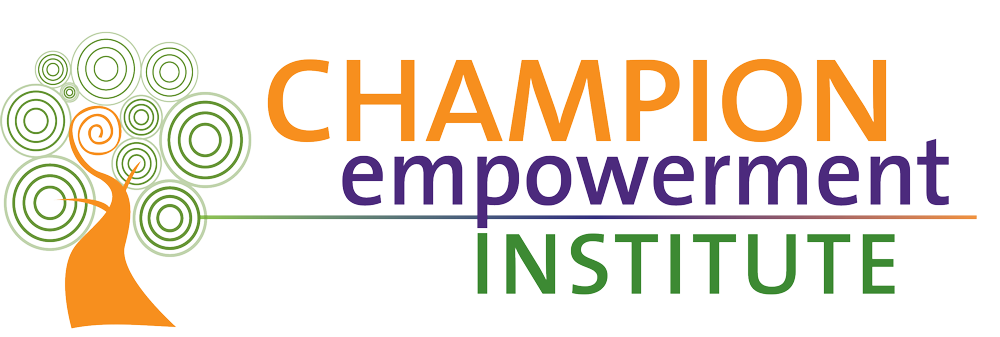
American Medical Certification Association (AMCA) and Champion Empowerment have teamed up to provide an in-depth course on financial literacy.
In today’s job market, stand out by showing you are serious about your personal finance education. The Financial Literacy Certificate Program will round out any individual’s skills and make them an asset to any organization. This robust Financial Literacy Certificate Program is delivered in two parts:
Part 1 Financial Literacy Course: The content and material for this program are hosted on this Champion Empowerment Platform.
Part 2 Financial Literacy Assessment: The assessment for this program is hosted on AMCA’s platform. After you have finished reviewing the course content and material, you will need to come back to this platform to complete the assessment.
